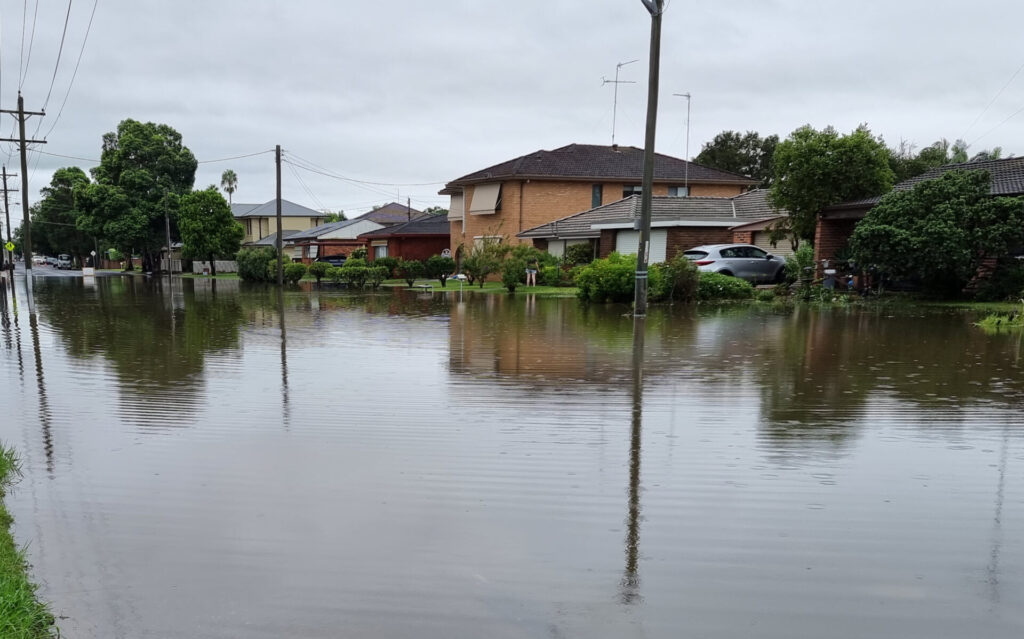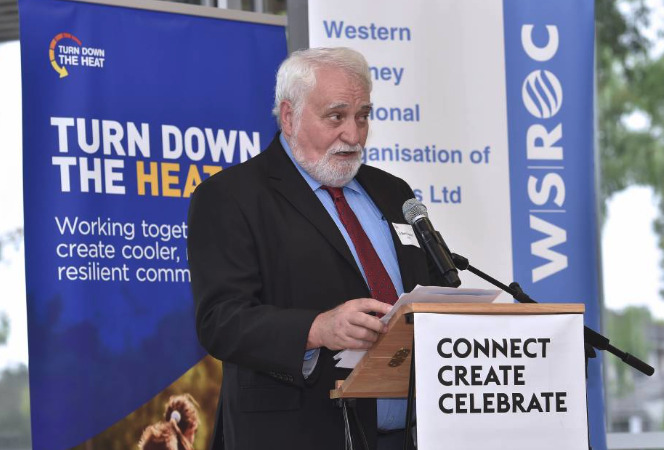Western Sydney Regional Organisation of Councils (WSROC) has denounced the NSW Government’s decision to cease contributions to the NSW Emergency Services Levy, calling the new Minns Government’s move “a catastrophe” for councils.
“This was the most flagrant cost-shifting exercise by a state government in many years and which will burden cash-strapped councils with tens of millions of dollars of extra costs while they are still reeling in the aftermath of unprecedented floods, fires and other natural disasters,” said WSROC President, Barry Calvert.
The funds raised by the Emergency Services Levy are used to support the work of the NSW Rural Fire Service, the NSW State Emergency Service, and the NSW Fire and Rescue Service, with insurance companies paying 73.7% of the Levy, the NSW Government 14.6% and local councils 11.7%.
“Western Sydney councils’ ability to raise funds is strictly limited by rate-pegging and councils cannot readily increase their revenue to accommodate the extra tens of millions of dollars now needed to fund the levy,” said Cr Calvert.

“For some councils, the unexpected cost hit will cripple budgets already under massive pressure from the combined impact of the pandemic, extreme weather events, and high-cost inflation.
“For example, Blue Mountains City Council alone is dealing with a road repair flood damage bill topping $400 million.
“And now the NSW Government has left councils to stump up extra tens-of-millions of dollars to fund a NSW Emergency Services Levy increase in the next financial year.”
Councils are being asked to fund massive rises in emergency services budgets, including a 73% increase in their budget allocations to the State Emergency Services (SES).
“That will severely impact Western Sydney councils’ ability to resource services in other areas, including community services, local libraries, environment services, infrastructure plans, parks and recreational facilities, environmental health services and much else.”
“The people of Greater Western Sydney have immense respect and admiration for our emergency services workers, who have been our saviours so often in the last couple of years.
“Or emergency services workers deserve a financially unsustainable funding system – not having the government abandoning its responsibilities to local councils in this mean-spirited, penny-pinching way.”
The advocacy body is urging the Government to:
- restore the NSW Emergency Services Levy subsidy for 2023, and
- develop a fairer, more transparent, and financially sustainable method of funding the critically important emergency services that serve communities.

“The recent NSW Review of Federal Financial Relations final report examined how the NSW and Commonwealth governments can better work together to build a stronger economy, encourage state-led reform, and ultimately, deliver better value for taxpayers,” said Cr Calvert.
“WSROC is calling on the NSW Government to refer the financial and funding arrangements between local government and the other two levels of government to the same expert panel.
“To examine how NSW local government and the NSW and Commonwealth Government can work together to build a stronger economy, encourage reform across all three levels of government, and ultimately, deliver better value for ratepayers and residents.
Cost shifting by the NSW Government and the Australian Government onto local councils in NSW in the financial year 2015/16 was estimated to have been $820 million — up from an estimated $380 million in 2005/06, he said.
“Local government has been — and continues to be — subject to arbitrary constraints on its ability to levy fees and charges, is hampered by complicated funding arrangements and partnerships with the Commonwealth and NSW Governments that can change at the whim of either.”
“Apart from resulting in a growing liability for unfunded infrastructure in high-growth areas like Greater Western Sydney, the current arrangements fail to address significant challenges as populations age, technology advances and work patterns change.
“The challenge for the NSW Government and local councils is to identify ways that can improve the system and at the same time promotes a stable and reliable revenue base to fund essential services and infrastructure into the future,” said Cr Calvert.
“Indeed, if the NSW Government has become so desperate to save money that it is prepared to actually stop funding the NSW Emergency Services Levy, perhaps instead it should divert some of the $800 million annually is collects from the Waste Levy.”
The 2020 NSW Auditor-General report revealed that the NSW Government has collected almost $4 billion from the waste levy in the last five years, with around a third being reinvested into waste and environmental programs.


